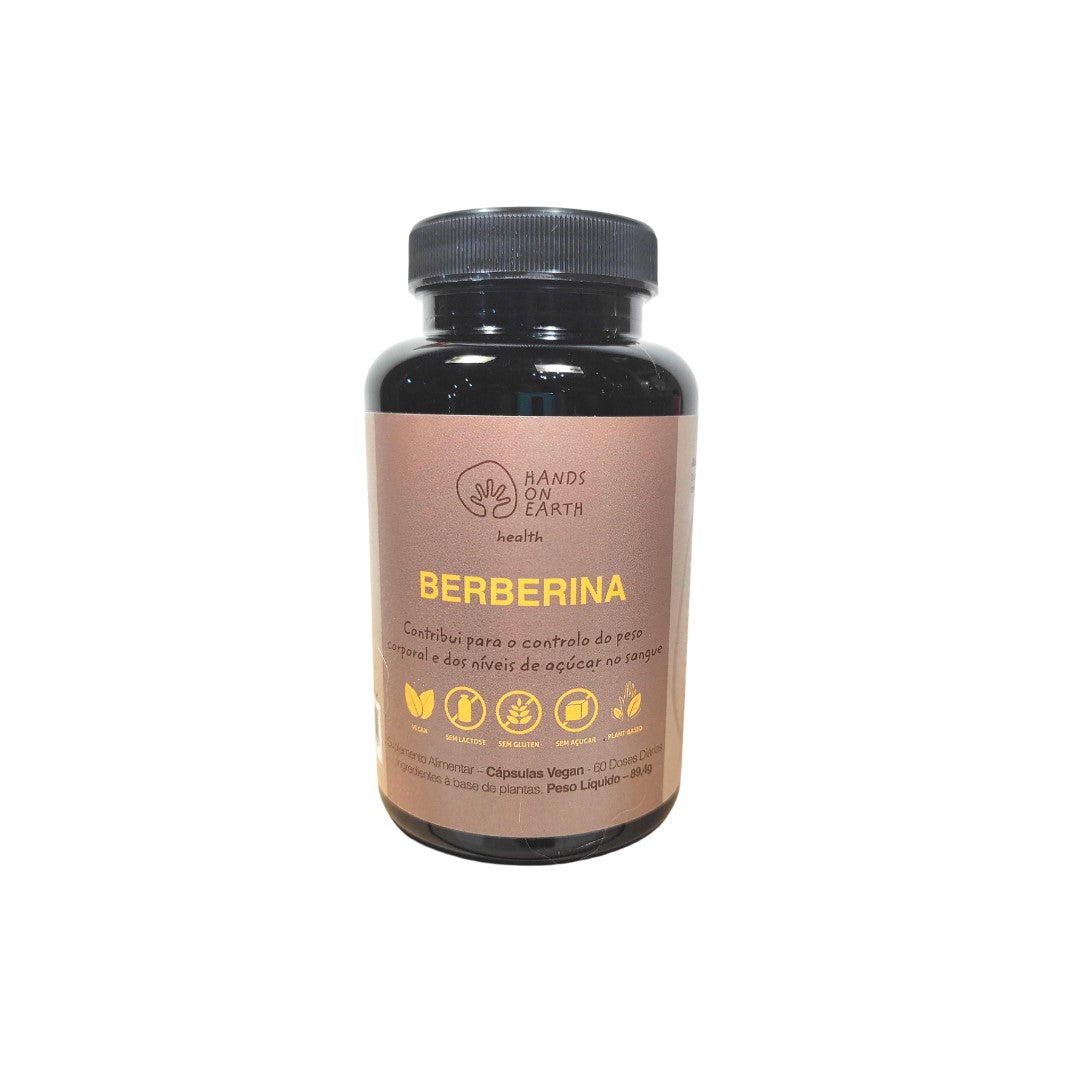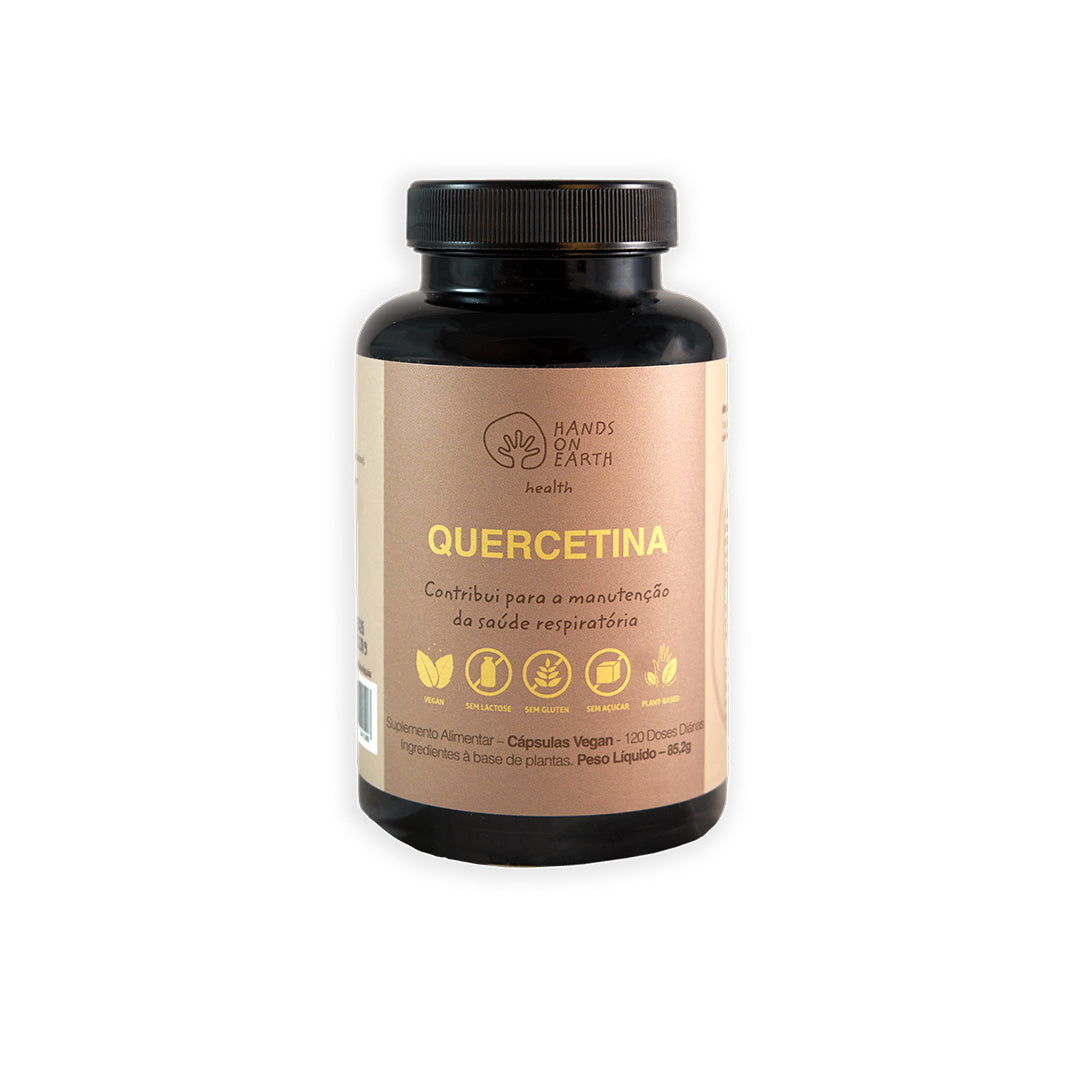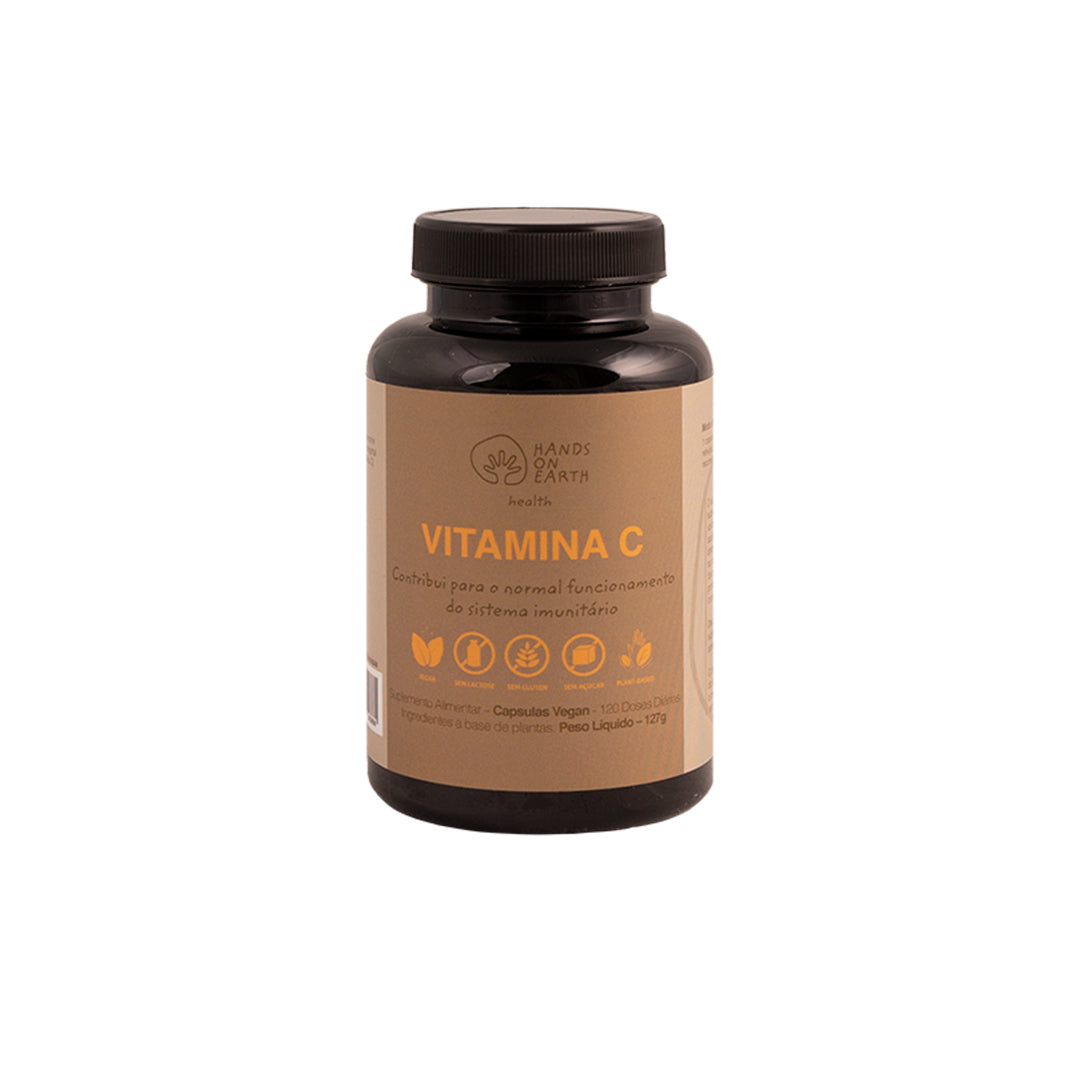Berberine is a bioactive compound that can be derived from several plants, mainly from a group of shrubs known as Berberis. It falls into a category of compounds called alkaloids (1).
2. How does Berberine work in the body?
Inside every cell in our body, there is an enzyme known as adenosine monophosphate-activated protein kinase, or AMPK. Due to its beneficial impact on metabolism, it is called the “metabolic master switch” (2).
This "switch" instructs our cells when to store fat and when to use fat stores for energy. When AMPK is activated, it starts burning fat within the mitochondria and stops fat accumulation (3).
However, as we age, AMPK activation in cells decreases, making it more difficult to maintain a healthy weight.
Berberine is one of the few substances recognized capable of activating AMPK. Through its potent effects, berberine can help maintain the body's correct metabolic balance.
3. What are the health benefits of Berberine?
Studies show that Berberine has positive effects on the metabolism of our cells:
- It reduces blood sugar levels through several mechanisms. It decreases cell resistance to insulin, facilitating the breakdown of sugar within cells. Additionally, it reduces sugar production in the liver and delays the breakdown of carbohydrates in the intestine (5).
- Lowers hemoglobin A1c (HbA1c), which serves as a marker for long-term blood sugar control. In fact, it may be as effective as diabetes-specific medications like metformin, glipizide, and rosiglitazone (6).
- Aids in weight loss and weight control by inhibiting the growth of fat cells at a molecular level, as it reduces insulin resistance and leptin levels (reduces appetite), while increasing adiponectin (a hormone known by its insulin-sensitizing and anti-inflammatory effects). Twelve studies showed reductions in body weight, body mass index and abdominal fat with berberine. Additionally, it led to a decrease in C-reactive protein levels, an indicator of inflammation (7,8).
- Improves the lipid profile by reducing total cholesterol and LDL (bad) cholesterol in the blood, blood triglycerides and increasing HDL (good) cholesterol. Studies suggest that berberine achieves these effects by inhibiting an enzyme known as PCSK9. This inhibition leads to greater removal of LDL cholesterol from the bloodstream (9).
- Helps improve fatty liver by increasing insulin sensitivity and optimizing glucose and lipid metabolism. Studies have demonstrated an improvement in liver function markers such as AST and ALT (10).
4. What other components are present in this Berberine food supplement?
Chromium is a crucial mineral that appears to play a positive role in regulating insulin function and impacting carbohydrate, protein and lipid metabolism. It serves as a key element in improving the effectiveness of insulin (11).
Turmeric, with its strong anti-inflammatory and antioxidant properties, has a positive impact on glycemic control and lipid profiles in individuals with metabolic syndrome and related conditions (12).
5. Who should take the Berberine supplement?
This supplement is recommended for people suffering from metabolic problems such as:
- Obesity
- Type 2 diabetes
- Polycystic Ovary Syndrome
- High cholesterol and triglycerides
- Fatty Liver
6. What are the adverse effects of taking Berberine?
In general, berberine is clinically proven to be safe and well tolerated by the human body. There are few reports of adverse reactions, and it does not have harmful effects on people's diets. The main side effects are related to digestion, with occasional reports of diarrhea, constipation and belly bloating (13).
7. Can pregnant and lactating women take this supplement?
There are not enough studies to indicate that berberine is safe for pregnant or breastfeeding women, as well as children.
8. What is the recommended dosage and for how long can Berberine be taken?
The typical suggested dosage is 500 mg, taken three times a day, approximately thirty minutes before meals.
REFERENCES
1. Neag MA, Mocan A, Echeverría J, Pop RM, Bocsan CI, Crişan G, Buzoianu AD. Berberine: Botanical Occurrence, Traditional Uses, Extraction Methods, and Relevance in Cardiovascular, Metabolic, Hepatic, and Renal Disorders. Front Pharmacol. 2018 Aug 21;9:557.doi: 10.3389/fphar.2018.00557. https://www.ncbi.nlm.nih.gov/pmc/articles/PMC6111450/
2. Jin Y, Liu S, Ma Q, Xiao D, Chen L. Berberine enhances the AMPK activation and autophagy and mitigates high glucose-induced apoptosis of mouse podocytes. Eur J Pharmacol. 2017 Jan 5;794:106-114. doi: 10.1016/j.ejphar.2016.11.037. https://pubmed.ncbi.nlm.nih.gov/27887947/
3. Herzig S, Shaw RJ. AMPK: guardian of metabolism and mitochondrial homeostasis. Nat Rev Mol Cell Biol. 2018 Feb;19(2):121-135. doi:10.1038/nrm.2017.95. https://www.ncbi.nlm.nih.gov/pmc/articles/PMC5780224/
4. Xu X, Yi H, Wu J, Kuang T, Zhang J, Li Q, Du H, Xu T, Jiang G, Fan G. Therapeutic effect of berberine on metabolic diseases: Both pharmacological data and clinical evidence. Biomed Pharmacother. 2021 Jan;133:110984. doi:10.1016/j.biopha.2020.110984. https://pubmed.ncbi.nlm.nih.gov/33186794/
5. Xie W, Su F, Wang G, Peng Z, Xu Y, Zhang Y, Xu N, Hou K, Hu Z, Chen Y, Chen R. Glucose-lowering effect of berberine on type 2 diabetes: A systematic review and meta-analysis. Front Pharmacol. 2022 Nov 16;13:1015045. doi:10.3389/fphar.2022.1015045. https://www.ncbi.nlm.nih.gov/pmc/articles/PMC9709280/
6. Dong H, Wang N, Zhao L, Lu F. Berberine in the treatment of type 2 diabetes mellitus: a systemic review and meta-analysis. Evid Based Complement Alternat Med. 2012;2012:591654. doi:10.1155/2012/591654. https://www.ncbi.nlm.nih.gov/pmc/articles/PMC3478874/
7. Asbaghi O, Ghanbari N, Shekari M, Reiner Ž, Amirani E, Hallajzadeh J, Mirsafaei L, Asemi Z. The effect of berberine supplementation on obesity parameters, inflammation and liver function enzymes: A systematic review and meta-analysis of randomized controlled trials controlled trials. Clin Nutr ESPEN. 2020 Aug;38:43-49. doi:10.1016/j.clnesp.2020.04.010. https://pubmed.ncbi.nlm.nih.gov/32690176/
8. Yang J, Yin J, Gao H, Xu L, Wang Y, Xu L, Li M. Berberine improves insulin sensitivity by inhibiting fat store and adjusting adipokines profile in human preadipocytes and metabolic syndrome patients. Evid Based Complement Alternat Med. 2012;2012:363845. doi:10.1155/2012/363845. https://pubmed.ncbi.nlm.nih.gov/22474499/
9. Adorni MP, Zimetti F, Lupo MG, Ruscica M, Ferri N. Naturally Occurring PCSK9 Inhibitors. Nutrients. 2020 May 16;12(5):1440. doi:10.3390/nu12051440. https://www.ncbi.nlm.nih.gov/pmc/articles/PMC7284437/
10. Koperska A, Wesołek A, Moszak M, Szulińska M. Berberine in Non-Alcoholic Fatty Liver Disease-A Review. Nutrients. 2022 Aug 23;14(17):3459. doi:10.3390/nu14173459. https://www.ncbi.nlm.nih.gov/pmc/articles/PMC9459907/
11. Havel PJ. A scientific review: the role of chromium in insulin resistance. Diabetes Education. 2004;Suppl:2-14. PMID: 15208835. https://pubmed.ncbi.nlm.nih.gov/15208835/
12. Tabrizi R, Vakili S, Lankarani KB, Akbari M, Mirhosseini N, Ghayour-Mobarhan M, Ferns G, Karamali F, Karamali M, Taghizadeh M, Kouchaki E, Asemi Z. The Effects of Curcumin on Glycemic Control and Lipid Profiles Among Patients with Metabolic Syndrome and Related Disorders: A Systematic Review and Metaanalysis of Randomized Controlled Trials. Curr Pharm Des. 2018;24(27):3184-3199. doi:10.2174/1381612824666180828162053.PMID:30156145. https://pubmed.ncbi.nlm.nih.gov/30156145/
13. Ye Y, Liu X, Wu N, Han Y, Wang J, Yu Y, Chen Q. Efficacy and Safety of Berberine Alone for Several Metabolic Disorders: A Systematic Review and Meta-Analysis of Randomized Clinical Trials. Front Pharmacol. 2021 Apr 26;12:653887. doi:10.3389/fphar.2021.653887. https://www.ncbi.nlm.nih.gov/pmc/articles/PMC8107691/





Leave a comment
This site is protected by hCaptcha and the hCaptcha Privacy Policy and Terms of Service apply.